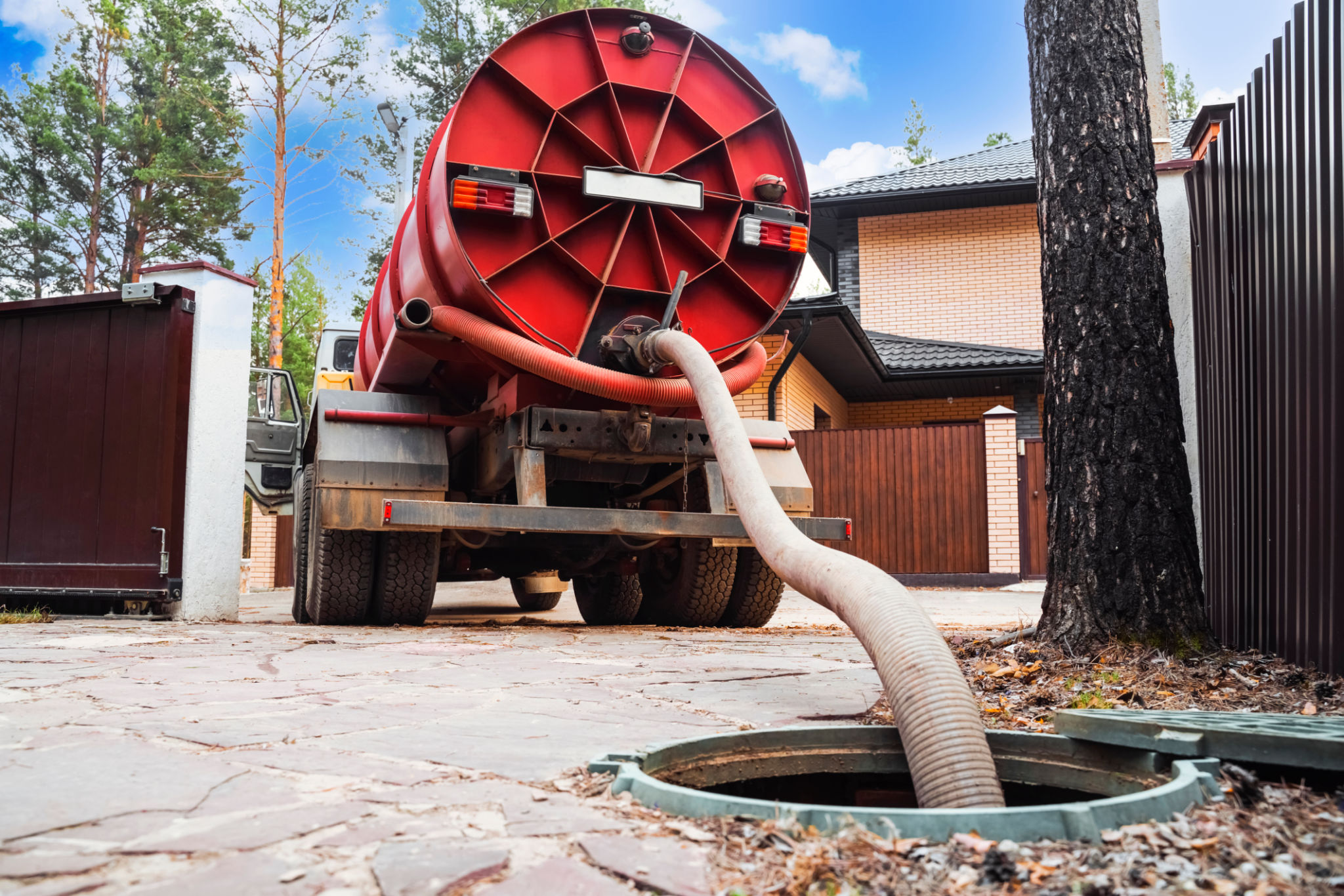Understanding Local Cesspool Regulations: What Homeowners Need to Know
Introduction to Cesspool Regulations
Understanding local cesspool regulations is crucial for homeowners who rely on these systems for waste management. Cesspools are underground containers designed to temporarily hold sewage and wastewater, and improper maintenance can lead to environmental hazards and hefty fines. This guide provides essential information that homeowners need to navigate the complexities of cesspool regulations.

Why Cesspool Regulations Matter
Local cesspool regulations are put in place to protect public health and the environment. These regulations help prevent groundwater contamination, which can occur if cesspools overflow or leak untreated sewage. Homeowners must ensure their systems comply with these rules to avoid potential legal issues and contribute to a healthier community.
Environmental Impact
Cesspools that are not properly maintained can have a significant negative impact on the environment. They can leak harmful pathogens and chemicals into the soil, affecting local water supplies and ecosystems. Understanding and adhering to regulations minimizes this risk and promotes sustainability.

Key Regulations Homeowners Need to Know
While cesspool regulations can vary by location, there are common requirements most homeowners should be familiar with. These include:
- Regular Inspection: Many areas require cesspools to be inspected at regular intervals to ensure they are functioning properly.
- Permits for New Installations: Installing a new cesspool often requires a permit, which may involve site evaluations and system design approvals.
- Upgrading Requirements: Some regions mandate upgrades to existing systems to meet modern environmental standards.
Inspection and Maintenance
Regular inspection and maintenance are crucial components of adhering to cesspool regulations. Homeowners should schedule inspections with licensed professionals who can identify potential issues before they become major problems. Regular pumping is also recommended to prevent overflow and maintain system efficiency.

Consequences of Non-Compliance
Failing to comply with local cesspool regulations can lead to serious consequences. Homeowners may face fines, legal action, or even mandatory system upgrades at their own expense. Additionally, non-compliance can result in environmental damage that affects not just the homeowner, but the entire community.
Financial Implications
The financial implications of non-compliance can be significant. Fines can quickly add up, and emergency repairs or system replacements are often costly. By understanding and following regulations, homeowners can avoid these unexpected expenses and safeguard their investment.

Steps to Ensure Compliance
To ensure compliance with local cesspool regulations, homeowners should:
- Research specific regulations in their area by consulting local government websites or speaking with environmental agencies.
- Schedule regular inspections and maintenance with qualified professionals.
- Stay informed about any changes in local laws and upgrade their systems as necessary.
Conclusion
Understanding and adhering to local cesspool regulations is essential for homeowners who want to maintain a safe and compliant property. By keeping informed and proactive regarding these regulations, homeowners contribute positively to their community's health and environment while avoiding unnecessary legal or financial burdens.